Arrows
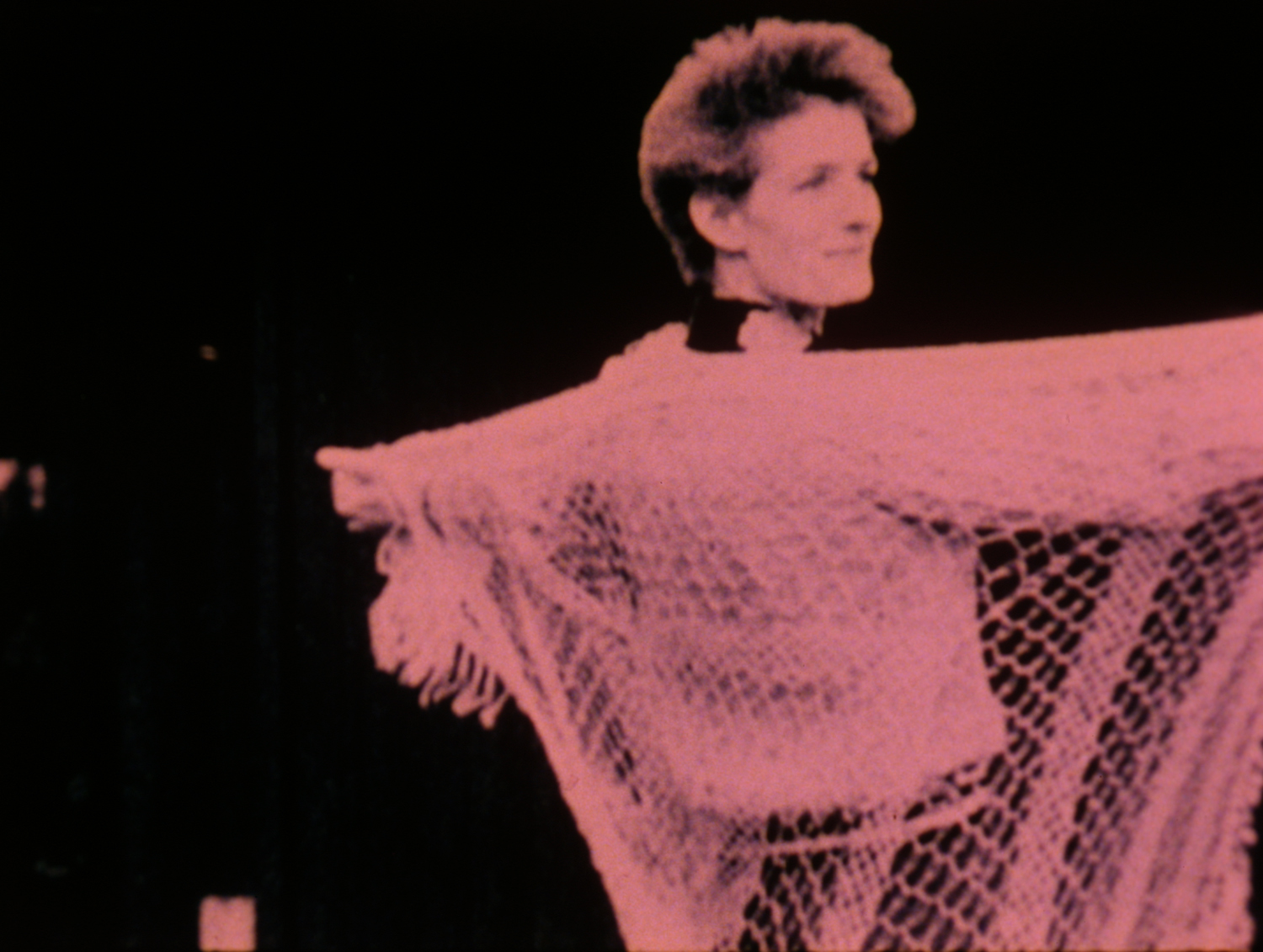
Arrows uses a combination of live action and rostrum work to communicate the experience of anorexia and to analyse the cultural causes of the condition. “I am so aware of my body,” we are told on the soundtrack, whilst images of caged wild birds are intercut with images of the rib cage of the film’s subject, the filmmaker herself. Taking the camera into her own hands, and revealing this process to the spectator by using a mirror, the filmmaker shows herself in control of this representation of a woman’s body. The film ends with Sylvia Plath’s poem The Thin People which speaks of people who starve themselves, and people who are actually deprived, locating the condition of anorexia firmly in Western patriarchal culture.
Edge
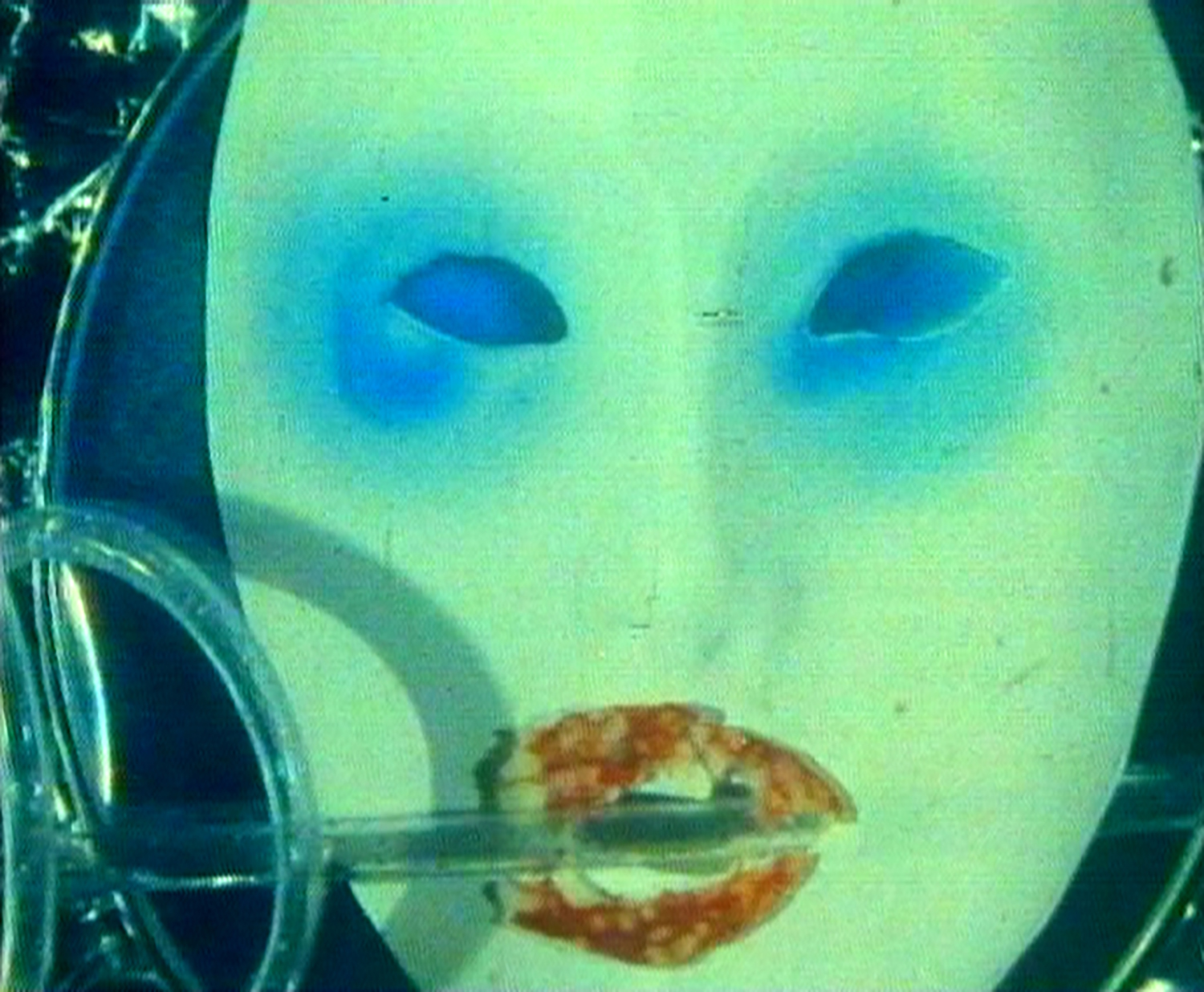
This short, named after Sylvia Plath’s last poem, is about the woman who is a daughter; icy, perfected and petrified for the patriarchy. She is also a mother drawing her two children with her into this death-in-life. Edge is the irony, which is the poet’s defiance. And it is the blade… how far can those controllers go with their instruments and armaments and still act as though our pieces and feelings can be stuck together again? There is no illusion of the woman’s ‘resistance’. Yet in this theme of woman as medical and war guinea-pig the silent scream becomes audible in lines of poetry and song. (Sandra Lahire)
Terminals
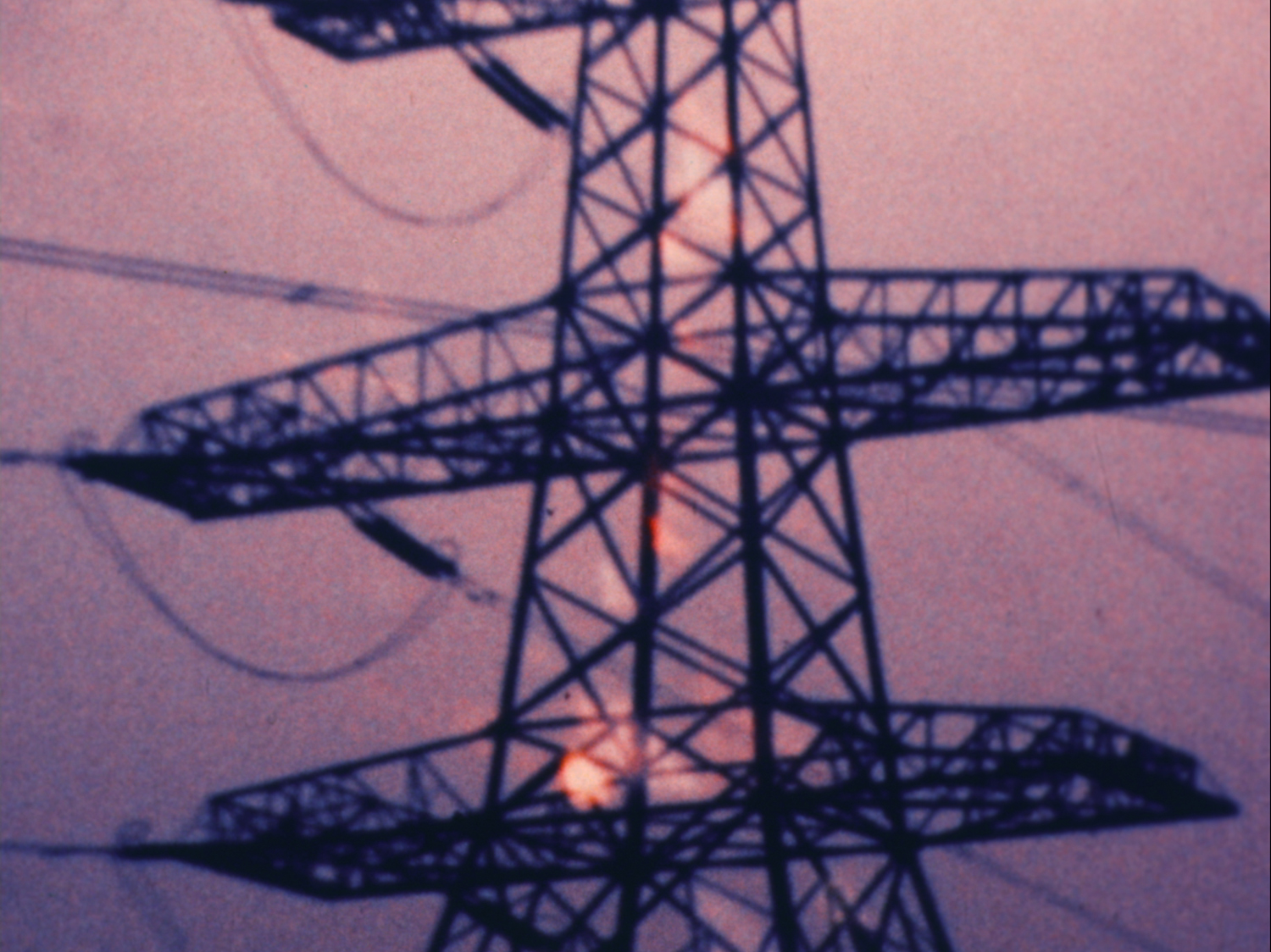
Terminals exposes women’s corporeal vulnerability to techno-patriarchal culture through a filmic exploration of the working conditions of female workers at nuclear power stations. Voices of women describe their heightened exposure to the risks of lung cancer, miscarriage, Down syndrome or neurological damage, while deeply affecting images and sounds attempt to give tangible form to this intangible threat. Echoing the way that the nuclear workers’ bodies are harmed by exposure to radiations, the filmstrip is constantly overexposed, burned to the point of the image’s near-disappearance. (Maud Jacquin)
Eerie
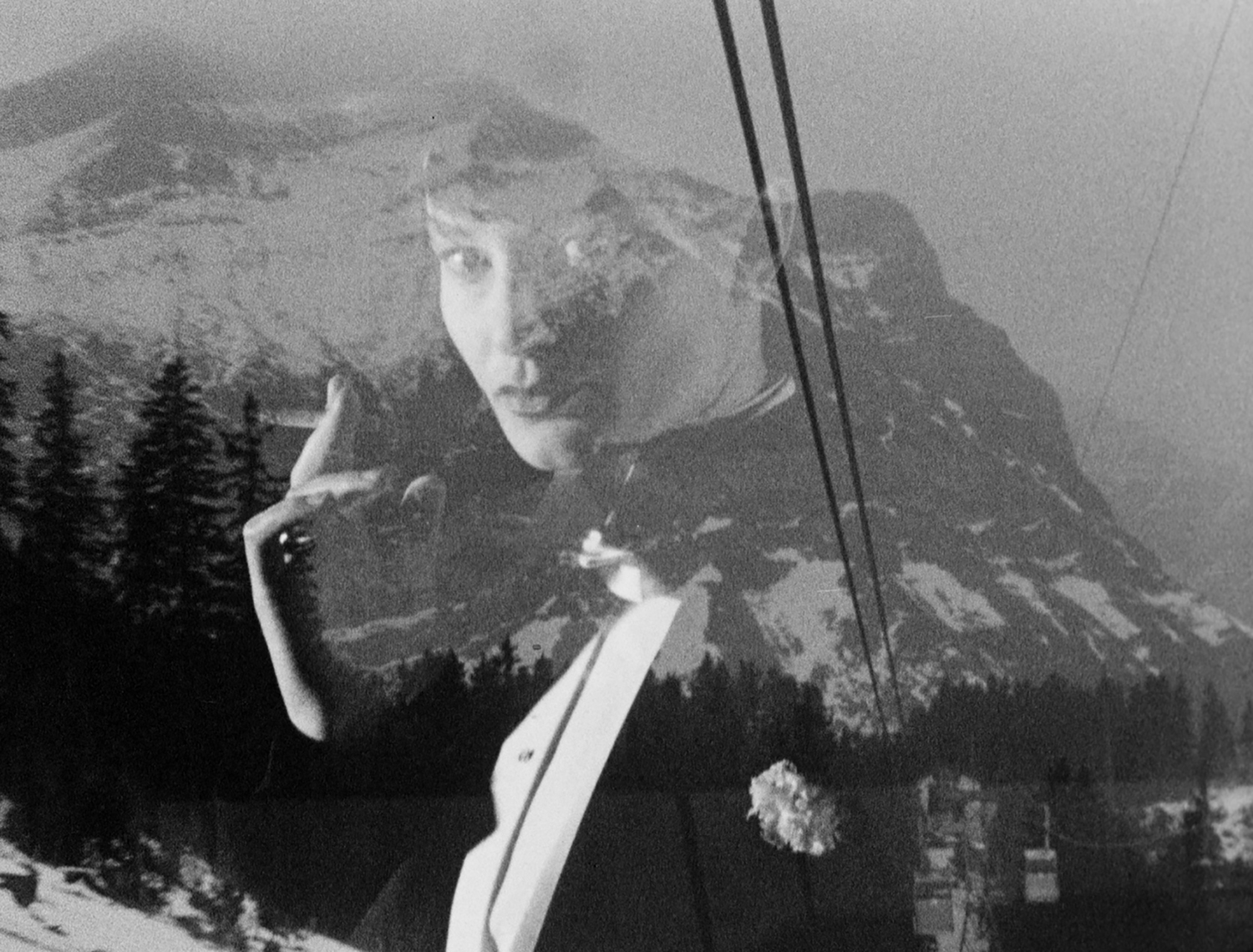
A magical film loop, combining a Berlin Lesbian decadence with falling in love in a cablecar, high above the slopes of Mount Pilatus. Inspired by German expressionist filmmaking, with in-camera dissolves. (Sandra Lahire)
Night Dances
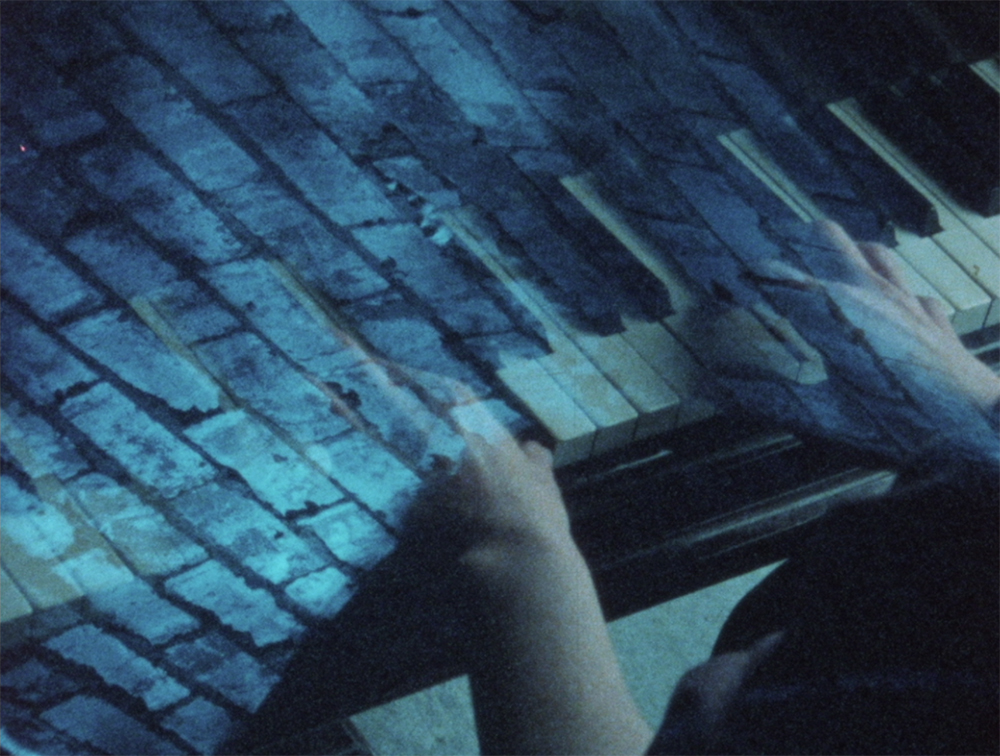
Night Dances borrows its title from the Sylvia Plath poem cited above. An overlaying of light and dark imagery accompanied by a piano creates a visual dance that invites the viewer to meditate on the dualities of darkness and brightness, on love, illness, life, and death. The relationship with a mother and the relationship with a lover becomes a ritual of memory and reality invoked by performance and archival recreation. (Mariana Sánchez Bueno)
Recently digitized and restored at Elias Querejeta Zine Eskola (San Sebastian), in the context of the research project “Their Past is Always Present”.